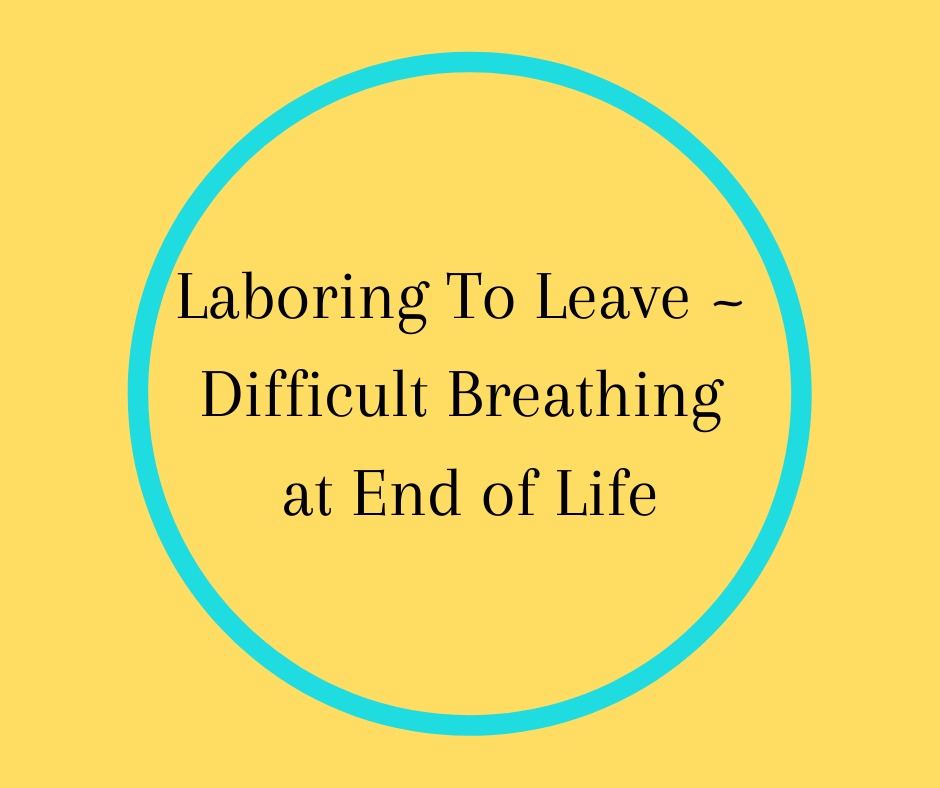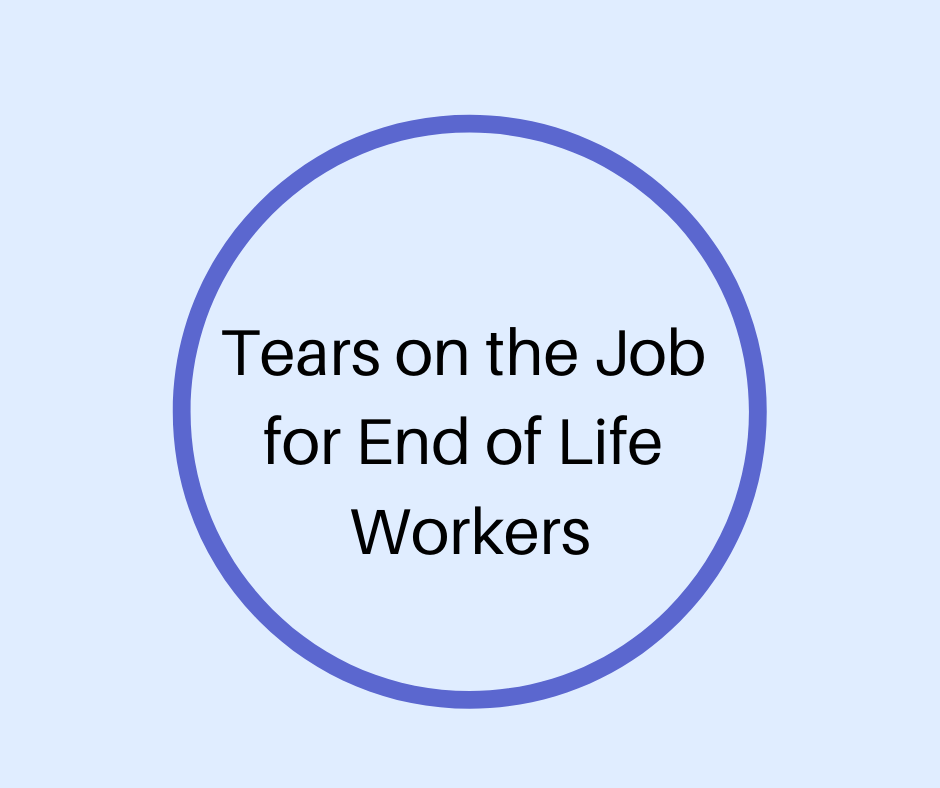Dear Barbara, There seem to be family caregivers who feel that everything falls on them when they have other family members, siblings, etc that could help. Burnout of the main caregiver happens and then everyone is frustrated that the caregiver isn't continuing to do more. Sometimes the caregiver gets short and verbally abusive after being the main caregiver and other family members are mad about it...
Sounds to me like you need a break. Within the family structure we have worker bees, players, watchers, talkers, all kinds of roles that get developed somewhere along the family path. We then perform the roles that are expected of us.
That is the dynamic that I think is happening here. As a worker bee myself I know it is very hard to ask for help. “I‘ll do it” is me. I may be tired, even irritable, but will keep going. I keep doing a task I have taken on (and I tend to take on lots of tasks) because that is who I am, or that is who I think I am, the role I play in the family.
Sometimes when we think that others think we are not doing enough, it may actually be us thinking that the others are not doing enough. When the worker bee caregiver is not getting enough help from other family members, often it is because others have not been asked to help. It can be hard for us to ask for help. We may want help but just don’t know how to ask for it---so we don’t ask and then feel put upon and over whelmed. It becomes a difficult situation of our own making. We don’t seem to know how to set limits for ourselves. The thing is if we don’t start asking for what we want and need, if we don’t stop doing more than we comfortably can, we will reach a point where we CAN’T continue.
Irritability can easily come with feeling overwhelmed, overworked and unappreciated as caregivers. What can we do about all this? Ask for what we need. Show our vulnerability, practice saying no and setting limits for ourselves with others and with tasks. Have a family meeting and ask for the help needed. Try not to point fingers but just honestly and directly tell those who can help that you are feeling alone in this heavy responsibility of caregiving, that you need their support and assistance. As a family, make schedules of who can do what during this meeting.
All of the above sounds so organized and reasonable BUT we are dealing with personalities, families and all of our dysfunction (We are all dysfunctional, it is the name of this life game we play). Asking for what you want may not bring you anything. What then? You can aways just walk away, leaving a mess, but it will force others to do something. (Really hard for us worker bees to do).
Something more about Which Kind of Caregiver You Are...
I suggest that caregivers use my guidebook, By Your Side, A Guide for Caring for the Dying at Home. This guidebook is knowledge and support for providing care at home.
A spiral-bound guidebook addresses end of life choices (life sustaining, comfort care), advance directives, and funeral planning. It details signs of approaching death (what to look for, what to do); describes end of life care at home; pain management; care of dementia patients at end of life; and, very importantly, how to take care of yourself as you fulfill your role as caregiver.








1 comment
Novella
It’s difficult to find well-informed people on this subject, however, you seem
like you know what you’re talking about! Thanks
sac longchamp
It’s difficult to find well-informed people on this subject, however, you seem
like you know what you’re talking about! Thanks
sac longchamp